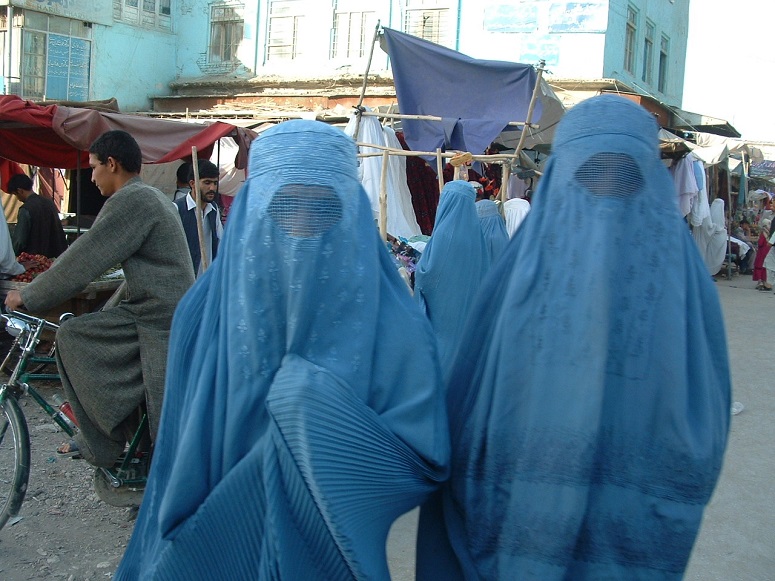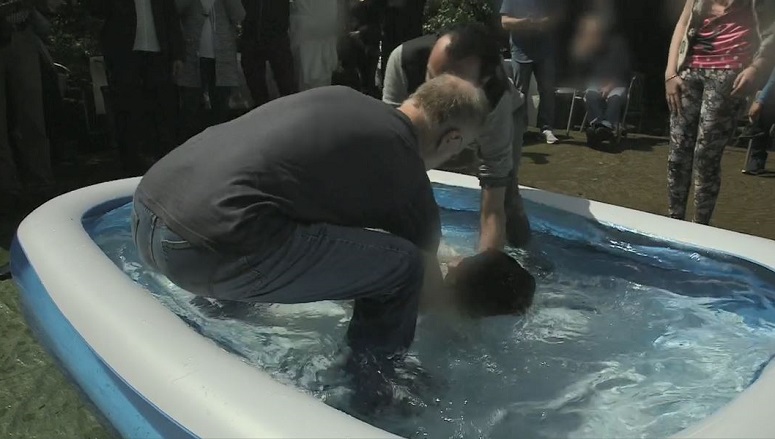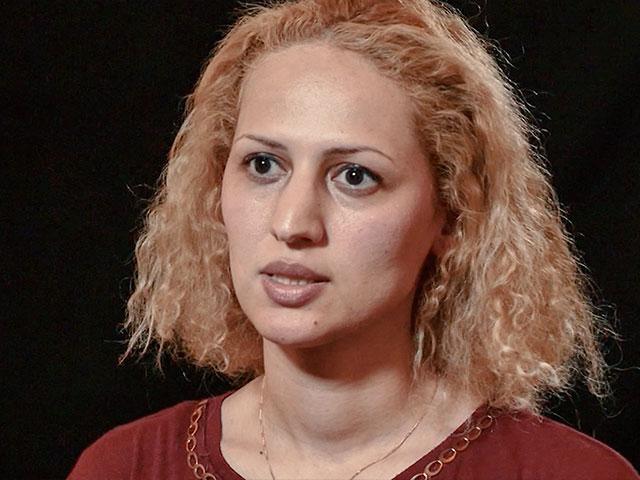
European countries and the EU are “wilfully blind” to the risks facing Afghans who fail in their asylum claims and are sent home, according to a new report by Amnesty International.
“All returnees face a real risk of serious human rights violations,” says Amnesty, but some, such as religious minorities and converts to Christianity, face additional risks.
Amnesty references the UN Refugee Agency’s (UNHCR) guidelines, which note that “members of religious minorities … reportedly avoid stating their beliefs publicly or gathering openly to worship, out of fear of discrimination, ill-treatment, arbitrary detention, or death”, and that “conversion from Islam is deemed apostasy in Afghanistan, which under the Afghan courts’ interpretation of Islamic law is punishable by death”.
Afghanistan is third on the 2017 Open Doors World Watch List of the 50 countries in which it is most difficult to live as a Christian.
Amnesty’s report, ‘Forced Back to Danger’, was the result of interviews with 18 women, men and children recently deported from Europe, including two Christian converts:
Farid
Farid, 32, was “bewildered and frightened” when Amnesty met him in Kabul in May, shortly after he had been deported after nine years as an asylum seeker in Norway, during which time he converted to Christianity.
“I feel like I’ve fallen from the sky. I don’t believe I’m here,” he said.
Farid, who had grown up in Iran after his family fled Afghanistan when he was a child, reportedly showed Amnesty’s researchers a video of his baptism and told them: “People in Europe have humanity – they don’t care which religion you are.”
“Because of his conversion, he is estranged from his immediate family members, who still live in Iran,” Amnesty reported, adding that Farid said “the authorities told him he would be safe in Kabul”.
“I am scared. I don’t know anything about Afghanistan. Where will I go? I don’t have funds to live alone and I can’t live with relatives because they will see that I don’t pray [to Allah],” Farid said.
On top of his vulnerability as a religious minority and a convert, Farid is also an ethnic Hazara and said he cannot return to his province of origin because an enemy of his family previously attacked him. So-called “blood feuds” are another of the UNHCR’s risk factors, and Farid reportedly showed researchers “over a dozen deep scars across his legs, arms and torso”.

Sadi
Sadi, 24, another convert, was sent back to Afghanistan from Sweden in March.
He told Amnesty he had been critical of Islam on social media and that his photo had been circulated in Afghanistan – including in his hometown, Kabul.
“I am very scared that someone will recognise me and kill me,” he said.
Amnesty notes that Sadi officially “agreed” to return, but that in reality he had little choice.
“When I was in the deportation centre and awaiting deportation, I was brought a paper to sign and they told me that if I signed it I would receive cash assistance and accommodation,” Sadi said. “The people who brought us the papers told us: ‘You will be deported in both cases, whether you sign or not, but if you sign it means that you will receive some assistance to manage your life, if you don’t you will not receive any assistance’.”
Sadi said he fears for his life and plans to return to Europe.
‘Persecution not a localised threat’
Amnesty says that although the EU claims certain parts of Afghanistan are safe, “persecution is not a localised threat. This serious human rights violation takes place across the country, regardless of whether the area is under the effective control of Pro-Government Forces or Anti-Government Elements”.
The UN estimates that 9.3 million Afghans will require humanitarian assistance in 2017, while around 2 million Afghans are internally displaced.
“European countries have arbitrarily called some areas of Afghanistan ‘safe,’ including Kabul, which is currently the most dangerous part of the country for civilians.”
“The conflict gripping Afghanistan is widespread and volatile,” says Amnesty. “Tens of thousands of civilians have been killed or injured, and a wide range of people are at additional risk of other serious human rights violations such as persecution or torture. No part of the country can be considered safe.
“European countries and the European Union have remained wilfully blind to these dangers, and are putting tremendous pressure on Afghanistan to accept large numbers of returns. Returns are increasing, even as dangers in the country have become more severe. To effect these returns, European countries have arbitrarily called some areas of Afghanistan ‘safe,’ including Kabul, which is currently the most dangerous part of the country for civilians.”
Around 10,000 Afghans were deported from Europe last year, three times as many as in 2015. Germany sent the most – 3,440.
Amnesty recommends a suspension of all returns to Afghanistan “until they can take place in safety and dignity”.
Previous warnings
In June, World Watch Monitor reported warnings about the same issue by the European Evangelical Alliance, which noted that 53 per cent of refugees worldwide come from just three countries: Syria, Afghanistan and Somalia. The EEA also argued that 11 out of the 16 priority countries to which the EU wants to return migrants feature in Open Doors’ World Watch List. Six, including Afghanistan, rank in the top 10 countries for extreme persecution of Christians (also Pakistan, Somalia, Eritrea, Sudan and Ethiopia).

In August, World Watch Monitor reported that Sweden was set to deport an Iranian woman convert to Christianity back to Iran, where converts can face jail. “They said to me it’s your personal life and it’s not our problem if you decided to become a Christian; it’s your problem,” she told the US-based Christian Broadcasting Network (CBN).
Aideen Strandsson (who took a Swedish name) said a Swedish migration official told her it wouldn’t be as bad for her in Iran as she is expecting because “it would only be six months in prison”, and, in her words, for the official that was “no problem”.
A year ago, a UK Parliamentary group published a report in which it reviewed how the UK Home Office processes asylum-seekers’ claims. It found that, too often, “officials are asking about Bible trivia, rather than probing what someone really believes. And this lack of understanding of religion and belief is leading to the wrong people being rejected – meaning they could be forced out when they have genuinely been persecuted”. UK Home Office guidelines have been reviewed in light of the report.